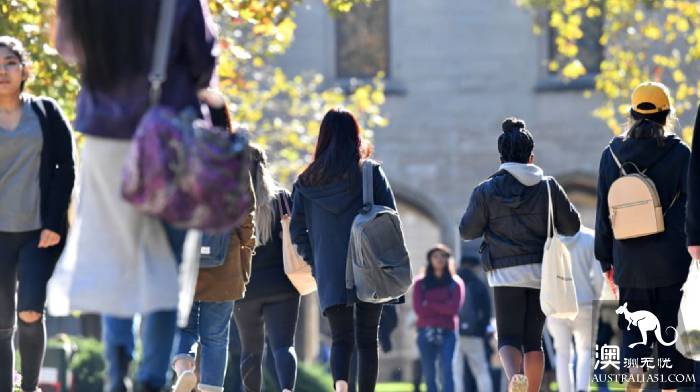You might hear a joke: "what would you say if you saw a liberal arts graduate with a job?" Answer: "I`d like a beef burger and French fries, please."
The study of the humanities-once the cornerstone of our university-now has an image problem.
As our 12th graders blink from college entrance examination to college, they encounter problems and begin to question the value of a liberal arts degree.

For example, the news reported that the former federal education minister funded 11 humanities studies just because the titles sounded so stupid.
With the growing popularity of business degrees and the successful movement to promote STEM research, it is time for the humanities-arts, philosophy, economics and politics-to fight back.
Macquarie University commissioned Deloitte (Deloitte Access Economics) to carry out a new study called the value of Humanities, which aims to achieve this goal.
Of course, to measure the value of a humanities degree by a number is an imprecise science-just like the study of the humanities itself.
Perhaps the most important thing students want to know is how much more they can earn by choosing a humanities degree.
The report is honest. If your only wish in life is to be a millionaire, choosing a lucrative major is more profitable than a humanities degree.
According to the model, people with undergraduate humanities degrees can expect to earn two hundred thousand more in their lifetime than high school graduates. If you study law in the humanities, you can earn two hundred and seventy thousand more.
All undergraduate degrees can earn an average of five hundred thousand more.

The difference is largely due to the fact that liberal arts graduates are more likely to enter the "non-market" sectors-such as health care, education and public services-where humanities skills are most needed. While 2/5 of humanities graduates end up in business-not just at McDonald`s-the remaining 60% work in the non-market sector, and their pay progress is determined by levels and union agreements.
But it may be about to change. There is a growing awareness in the business world that the most valuable skills in the new economy will be critical and analytical thinking, communication and interpersonal skills-the skills offered by the humanities profession.
In fact, in a world where college graduates may have as many as 17 different jobs in their lifetime, the demand for "transferable skills" has never been so strong.
As automation and artificial intelligence dominate, training in easy-to-mechanize jobs-including professional services such as accounting-is an increasingly risky career option.

The humanities is more likely to provide graduates with the critical thinking skills needed to address increasingly complex public policy issues-so-called "evil problems"-such as climate change, obesity or entrenched aboriginal disadvantages.
Here, Deloitte believes that humanities research has brought greater "dividends" to society.
"the value of people who have a humanities education is not just the money they earn and the goods and services they produce. It was the problem they helped solve. It is expected that we will need to solve these complex problems in the future. "
This is also mentioned by the Ramsey Foundation (Ramsay Foundation) in a number of promotional materials.
"as our work environment becomes more and more automated, with the development of a globalized knowledge economy, many of the technical skills previously needed by entry-level researchers, and even middle managers, will become redundant."
"what we need is. A person who can really use a language. In the best sense, who can use language subtly, clearly, critically. The more we rely on artificial intelligence, the more we need common human language to understand our strategy and make reasonable judgments. We need young humanists-their meaning and value are part of their world of life and work. "

